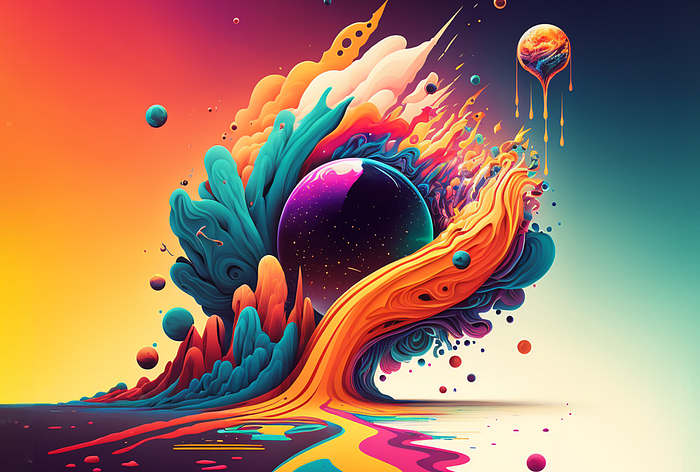Member-only story
Navigating the AI revolution: how designers can stay competitive
Artificial intelligence is changing how we design and the skills required to succeed in the design industry. This article will explore the impact AI has on design and how designers can prepare for the future.

Reality, not Hype
AI revolution is not the future, it is happening now. 34% of businesses in the U.S., Europe, and China have already adopted AI, according to Global AI Survey by Morning Consult.
Many organizations like World Economic Forum or IBM recognize AI as the primary technology that will drive the 4th Industrial Revolution. It will fundamentally alter the way we live, work, and relate to one another.
AI can be biased, produce unethical and even dangerous results, and generate incorrect or misleading information. However, it is evolving at an incredible rate and these issues are likely to improve over time.
How generative AI is changing the world
2022 saw a big disruption in generative AI: the technology that is able to generate something new rather than analyze something that already exists.
Ability to give human-like answers
Google issues a‘ code-red’ alert as ChatGPT from Open AI becomes popular. Instead of googling things, people will be able to ask AI chatbot about anything.
Currently, AI answers are not reliable, but in the future, they may be able to compete with consultants. According to McKinsey, AI could potentially be used in the Risk and Legal industry to answer complex questions, review legal documentation, and draft annual reports. Morgan Stanley, for example, is already working on AI that will be able to advise clients on wealth management.
Customer service will also benefit from AI. Current chatbots may not meet customer expectations, but they might replace more human managers in the future.

